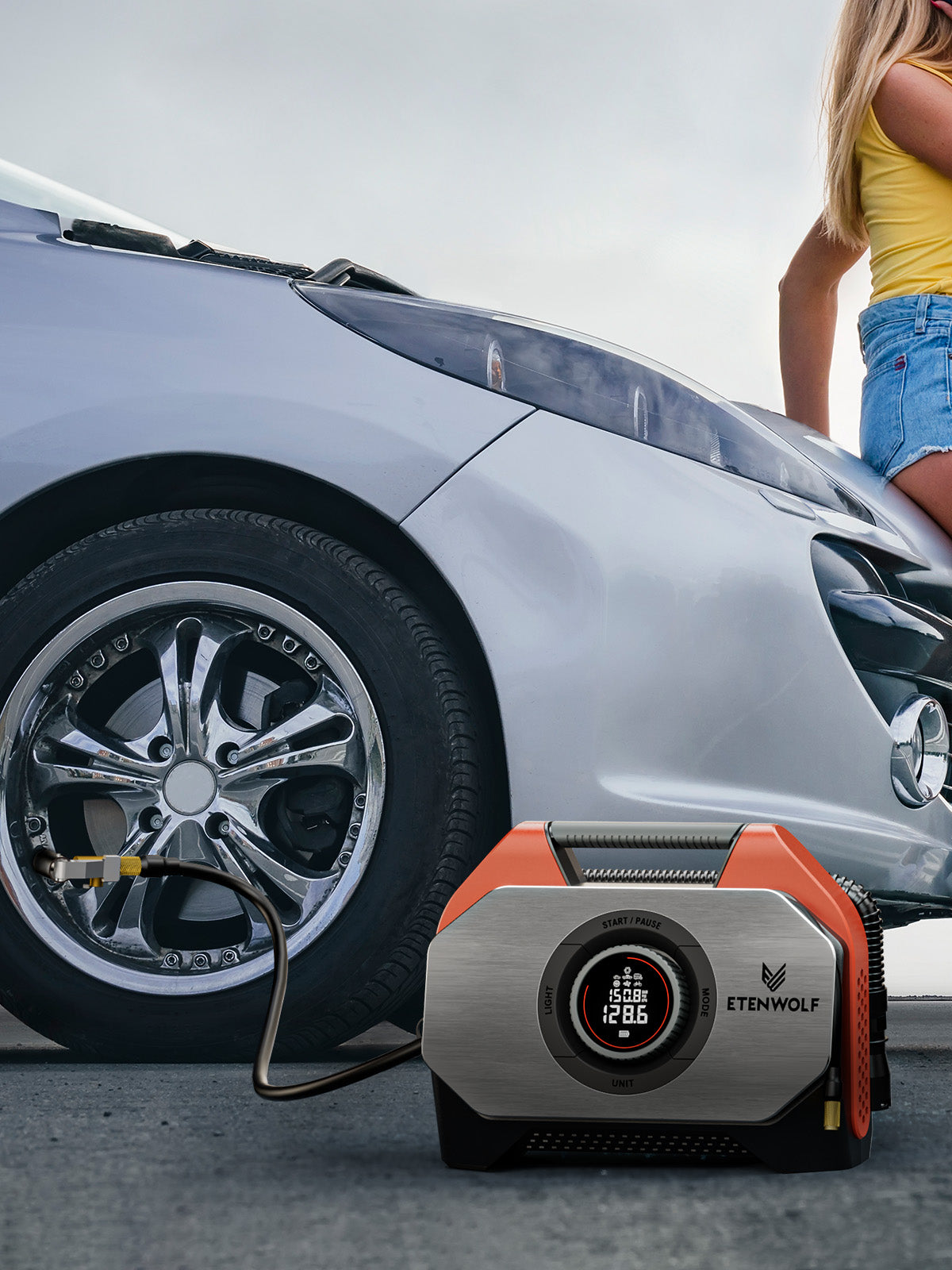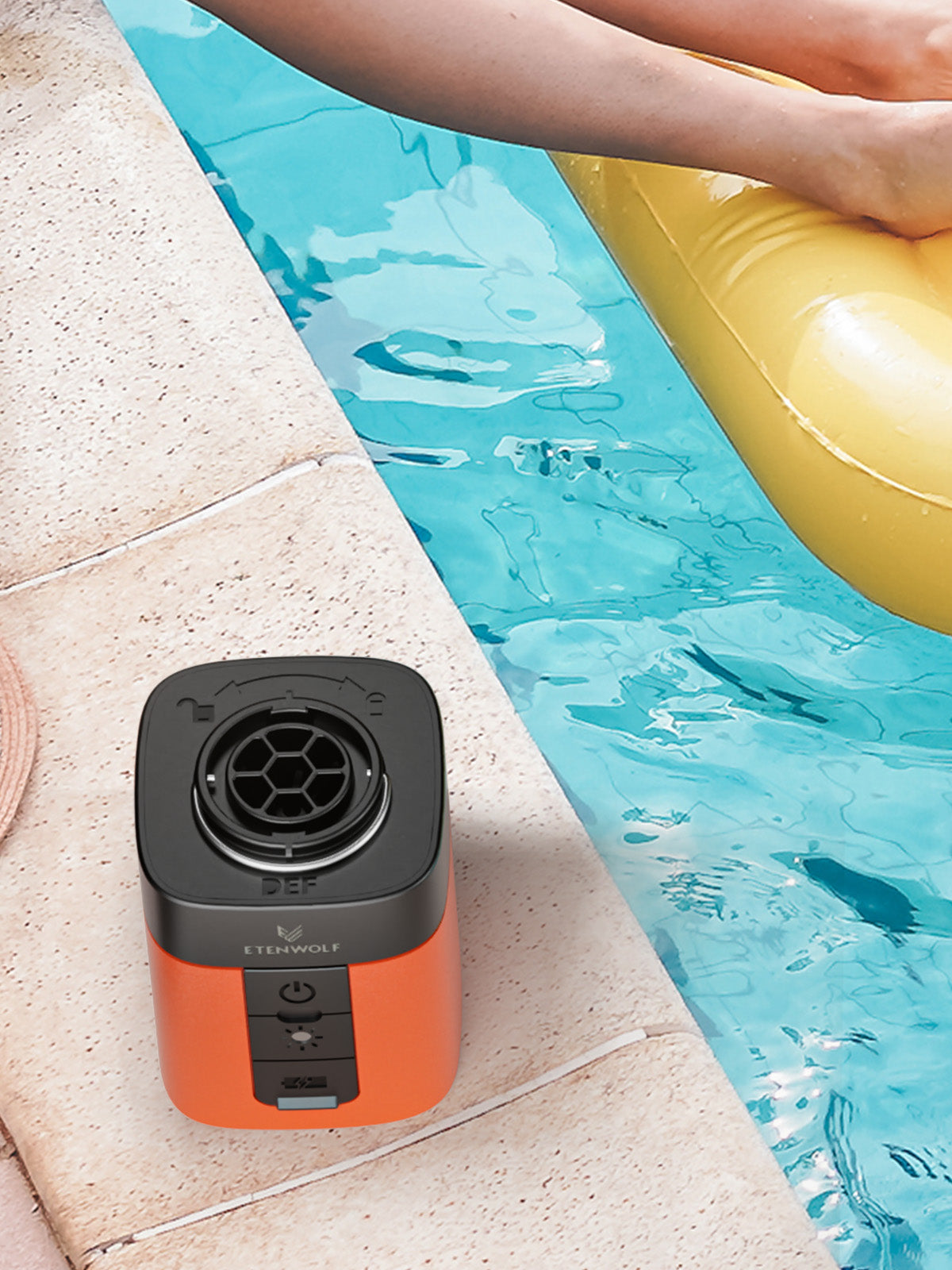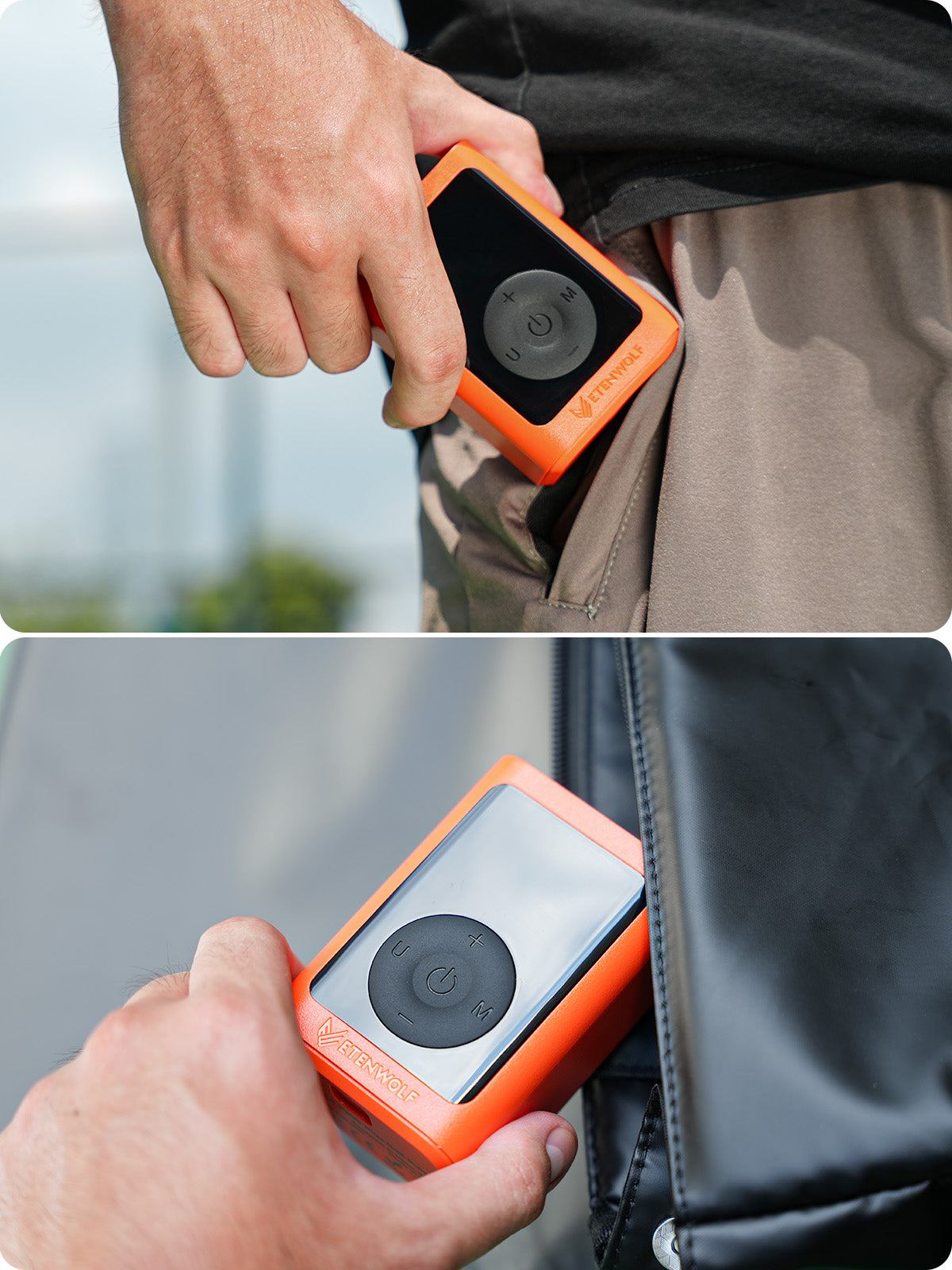For precise tire pressure monitoring, particularly in professional racing when accuracy can be the difference between winning and losing, a trustworthy race car tire gauge is necessary. Since the tires are the primary point of contact between the vehicle and the track, handling, grip, and overall vehicle dynamics are all directly impacted by their performance, making proper tire pressure management essential. Nonetheless, temperature is one of the most important variables influencing tire performance, and it is essential to comprehend how temperature variations effect tire pressure readings in order to maximize vehicle performance on the track.

The Basics of Tire Pressure and Temperature
Tire pressure is significantly affected by temperature changes due to the ideal gas law: when temperature increases, so does the pressure inside the tire. Conversely, when the temperature drops, tire pressure decreases. For racers, this means that ambient temperatures can substantially impact tire readings. When checking tire pressure with our Etenwolf race car tire gauge, it is important to consider the effects of temperature. For every 10 degrees Fahrenheit change, tire pressure can vary by approximately 1 PSI. This makes consistent monitoring and adjustments vital to ensure optimal tire performance and handling.
Why Accurate Tire Pressure Matters in Racing
In the world of racing, precise control and handling are paramount. Proper tire pressure ensures that tires maintain optimal contact with the track, providing better grip and stability during high-speed maneuvers. An improperly inflated tire can lead to poor handling characteristics, increased wear, and even blowouts, which can be detrimental in a competitive setting. Using an Etenwolf race car tire gauge allows drivers to achieve the precise tire pressure required for their specific racing conditions. By taking readings before and after races, drivers can adjust tire pressure based on temperature changes and maintain peak performance throughout the event.
Adjusting Tire Pressure for Weather Conditions
Weather conditions can vary drastically, affecting tire performance in different ways. For instance, hot weather can cause tire pressure to increase, requiring adjustments to prevent over-inflation. Conversely, cooler temperatures can result in under-inflated tires, which can hinder responsiveness and grip. To combat these fluctuations, using an accurate race car tire gauge is essential. Our Etenwolf race car tire gauge not only provides precise readings but also enables racers to quickly make necessary adjustments to maintain optimal tire pressure settings based on current weather conditions. This adaptability is key to achieving the best possible performance on the track.
Conclusion
Anyone participating in racing must comprehend the connection between tire pressure and temperature. With our premium race car tire gauge, Etenwolf is dedicated to assisting drivers in realizing the full potential of their vehicle. Tire performance, handling, and driver safety on the track can all be improved by routinely checking and modifying tire pressure in response to temperature variations.







Leave a comment
This site is protected by hCaptcha and the hCaptcha Privacy Policy and Terms of Service apply.